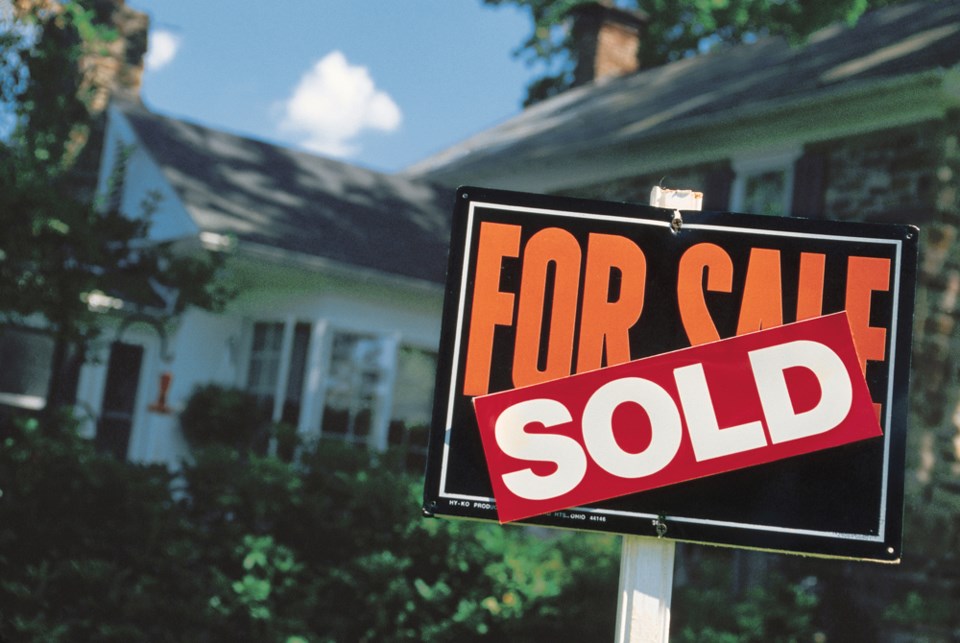Canada’s Income Tax Act needs to get with the times when it comes to capital gains, according to an Orillia resident.
Danny Epstein believes the way the capital gains tax is calculated is “outdated” and “unfair.”
His concerns stem from the experience he and his wife had when they sold their house in Gravenhurst.
They had it built in 1988 while living in Toronto and used the secondary residence as their “country retreat.” It became their primary residence when they moved there in 2012 after selling their Toronto home.
They had intended on retiring there but decided to sell it. In 2017, they moved to Orillia.
“Responding to our accountant's advice, we had our lake house appraised effective the first day we made it our principal residence,” Epstein wrote in a 2019 letter to then-Simcoe North MP Bruce Stanton.
“Upon selling our Gravenhurst property, we rightfully completed our tax forms with advice from our accountant and paid capital gains on the sale of this property from 1988 to 2012 when it was our secondary residence.”
They then learned the disposition of the property was being audited by the Canada Revenue Agency (CRA).
Red flags went up when the CRA sought information on expenses from beyond the time the home became their primary residence in 2012. In the end, he had to pay substantially more than what he’d already paid in capital gains. It drained two years’ worth of his Old Age Security.
“They’re assuming that the value of the house has gone up, on average, $22,429 a year. The assertion is that it is a consistent increase every year at that amount, which is not the case,” Epstein said. “It makes no sense to average it out because that’s not the way the real estate market works.”
He argued that point but was told it was the law.
“When you take that amount of money out of a senior’s pocket, that’s significant,” he said, suggesting people are being “penalized for selling a property because they’re retired.”
That’s not the only reason he’s frustrated. He has been trying to get a response from the government for more than two years but said all he has heard are confirmations that his correspondence has been received.
“The minister of finance should be ashamed,” Epstein said. “The government has to be held accountable and they need to respond in a timely manner. Not responding is insulting and it’s unacceptable.”
Simcoe North MP Adam Chambers agreed.
“Regardless of whether the answer is something that could be satisfactory, people deserve a response more than, ‘Thank you for your note.’ There is a base level of decency that citizens deserve,” he said.
He believes Epstein has “identified a flaw in the system.
“Maybe there’s an answer for that, but he deserves an answer to justify that approach.”
With housing prices going nowhere but up, more people will find themselves in the Epsteins’ position, Chambers said.
“We should understand what the options are and we should understand the government’s rationale,” he said. “What he has identified is the way the act is intended to work favours simplicity over correctness, or so it appears.”
Suggesting increases will be the same every year “isn’t necessarily what is happening in the market,” he added.
Changing the Income Tax Act would be no small feat, but Chambers — who was recently named deputy shadow minister for finance and middle-class prosperity — is hoping there will be a review of the system.
“We are more than due for significant tax reform,” he said.
As for Epstein’s concerns, Chambers said he is ready to help in the quest for a meaningful response.
“I will certainly advocate to get an answer from the government on his case and, in general, this situation,” he said.
Epstein wants his experience to serve as a warning to others.
“My hope is for people to understand that the Income Tax Act is out of date,” he said. “If you owned a secondary property and it’s now your permanent residence, beware because when you sell it, you’re going to be paying more capital gains because of the way the Income Tax Act is written.”
